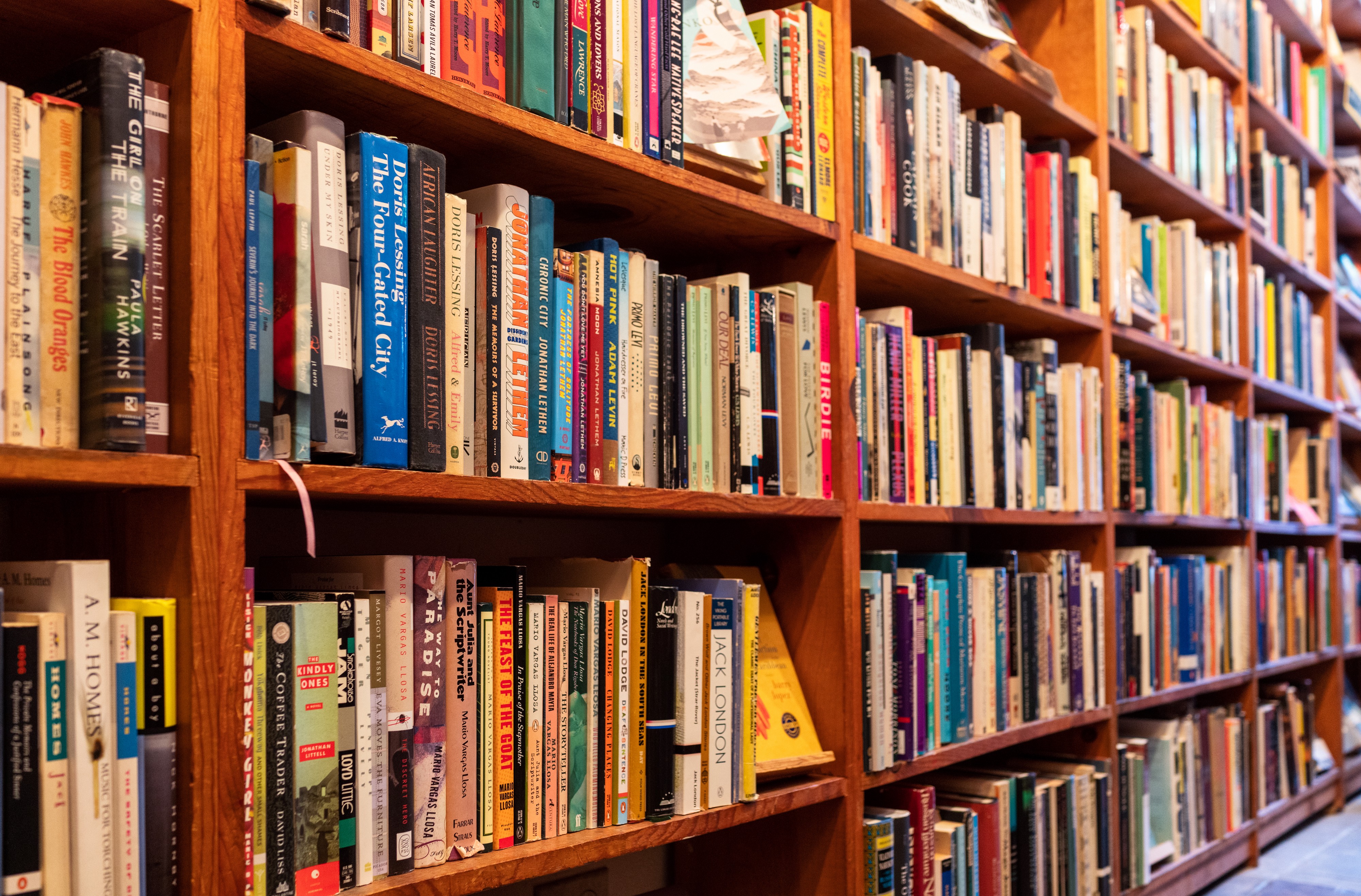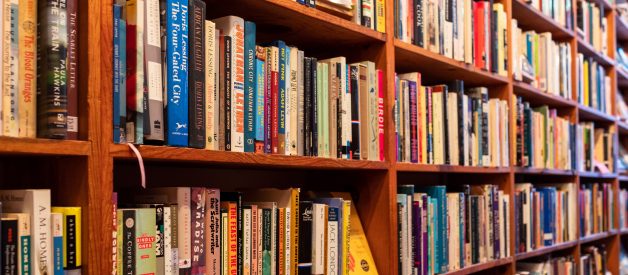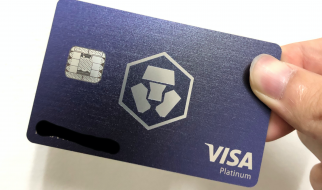This article has been made free for everyone, thanks to Medium Members. For more information on the novel coronavirus and Covid-19, visit cdc.gov.
My quest to find one underscores how Amazon?s power could grow during the pandemic
 Photo: georgeclerk/Getty Images
Photo: georgeclerk/Getty Images
I?ve tried to give up Amazon before, but this time I mean it. While people everywhere are suffering and dying (in unequal measure) from the coronavirus pandemic, scrapping Amazon feels like one of those small, helpful changes that?s actually in my control. I can?t come up with a cure for Covid-19, but I can wash my hands, stay inside, and stop supporting a company that treats employees badly and then targets those who object to that treatment.
Quitting Amazon has never been easy. The company?s scale powers unparalleled choice and convenience. Before the coronavirus, for example, I had a decade-long Amazon Subscribe & Save standing order for toilet paper to cover the butts of my family of five. Never did I have to think about whether there would be enough.
As soon as I started hearing about the hoarding, or what we thought was hoarding, I canceled the toilet paper order. But what has been hardest for me about avoiding Amazon this time around has been figuring out a good alternative for the product Amazon started out selling ? books.
The weed dispensary and the wineries and the toy store and the Italian ice shop have remained open, yet my library was declared a nonessential service. Copperfield?s, the local bookstore where I usually buy books, also closed. About a week into quarantine, I?d already run out of things to read. You can replace toilet paper with a bidet, but there?s no bidet for books. And finding a replacement vendor has proven difficult in a way that underscores Amazon?s dominance, and how this pandemic threatens to expand it.
I can still check out electronic books from my local public library, but I don?t want to. I?ve been trying to make myself enjoy reading e-books for more than a decade. I hate it so much. My job consists mainly of reading on a laptop or a phone screen, and in my pandemic-isolation leisure time, I want to be as far away from those screens as possible ? and I want to avoid a Kindle for obvious reasons.
I first thought I?d spotted a promising solution when I saw a tweet from Powell?s, the well-known independent bookstore, announcing that it now had ?100 folks working again? and was still open for online orders. It also promised on its website that everyone at the store?s warehouses would be observing safe-distancing measures.
So, on March 27, I ordered four novels from Powell?s. The messages from Powell?s said it would be slow, and while I waited for my books to arrive, I realized I also was running low on household cleaning supplies. So I placed another online order at Target, where I threw in a bestseller I?d been wanting to read. I know shopping at Target doesn?t help my local stores, especially right now. But at least Target has physical locations that collect sales tax and hire local employees. Plus, I was supporting an author who might be missing out on sales right now with the lack of bookstore foot traffic. I felt this was semi-ethical. The book arrived a few days later, just in time.
Two weeks later, Powell?s charged my credit card for the order I?d placed. A week after that, my books arrived. According to the Los Angeles Times, the 100 employees ?working again? weren?t rehired booksellers who had been laid off, but rather the management staff who are not part of the bookseller?s union. To find out if my efforts at ethical reading had inadvertently turned me into a scab, I reached out to Powell?s to confirm the L.A. Times story. ?We have close to 180 employees currently working at Powell?s, and approximately two-thirds of them are in the union,? Renee Peters, the company?s marketing manager, told me. ? This passes my personal ethical litmus test, especially when you compare Powell?s to Amazon, where employees have been fighting for safer working conditions for nearly a decade and are fighting even harder now as they continue to deliver our packages.
At some point in my daily hours of endlessly scrolling through tweets about Animal Crossing and Tiger King, I spotted another message about Bookshop, an online bookseller that claims to support local booksellers. Bookshop, currently in beta, isn?t a nonprofit. Its goal is to become a B Corp, a business dedicated to the greater good, like Patagonia or S?well, the company that makes those fancy expensive water bottles. If you buy a book from Bookshop.org, the website says 10% of your purchase goes to support participating independent bookstores that have opted in. Bookshop also allows those bookstores to become affiliates (not unlike Amazon?s affiliate program). An affiliate bookstore makes 25% commission on any books you buy using the store?s affiliate link. I checked to see if my local bookstore is an affiliate, and it is not.
You can replace toilet paper with a bidet, but there?s no bidet for books.
That?s when I realized that I hadn?t even checked to see if my local bookstore sold books online. It had never occurred to me to order a book online from a store that is within walking distance from my house. According to our local alternative newsweekly, Copperfield?s had to lay off or furlough almost all of its staff, but the store is still fulfilling online orders. A little internet research showed me that many local bookstores are also doing contactless curbside pickup and delivery. Yours might be one of them. Postmates will also deliver books if your local bookstore has signed up, but even this is not uncomplicated from an ethical perspective: Door-to-door delivery puts employees at risk, and, according to Vice, the coronavirus relief fund Postmates has set up has provided as little as $30 to workers who haven?t proven they have the coronavirus.
I went to the Copperfield?s website and ordered Severance by Ling Ma, a novel about a global pandemic. The paperback arrived in a week, through the U.S. Postal Service, which also needs our help. In Ma?s fictional world ravaged by ?Shen fever,? the best way to acquire reading material is to tactically raid a big-box store. I am taking notes if it should come to that.
But for now, my quest was complete. It wasn?t exactly a hero?s journey, since I ended up right where I?d started. It felt like the most ethical choice for me. But I am only one person, and it took several attempts to find an ethical alternative to Amazon for just books ? the path of least resistance for buying so many products is equally if not more so in Amazon?s direction. Even though I?ve stopped shopping at Amazon, for instance, I?m still using the products I own that are owned by Amazon. I?m not about to give up my Eero mesh Wi-Fi system that?s currently allowing the five members of my family to simultaneously Zoom into work and school. And I still talk to my Alexa, because I get lonely.
I have now replenished the stack of books on my bedside table. If I finish those, I might try Nextdoor. I?ve always avoided this app because I?m afraid of what my neighbors might be like online, but in the pandemic, people are now using it to trade everything, including books.
I feel the same way about books as I do about toilet paper. I have enough, but I?d gotten used to not feeling comfortable unless I always had a little more than enough, just in case. We?re all learning big lessons right now, and little platitudes about the bright side don?t help. But there are small lessons to be learned, too, and maybe mine is that having enough is just fine ? and it?s probably a lot more ethical than always feeling like you need to have too much, even when it comes to books.


